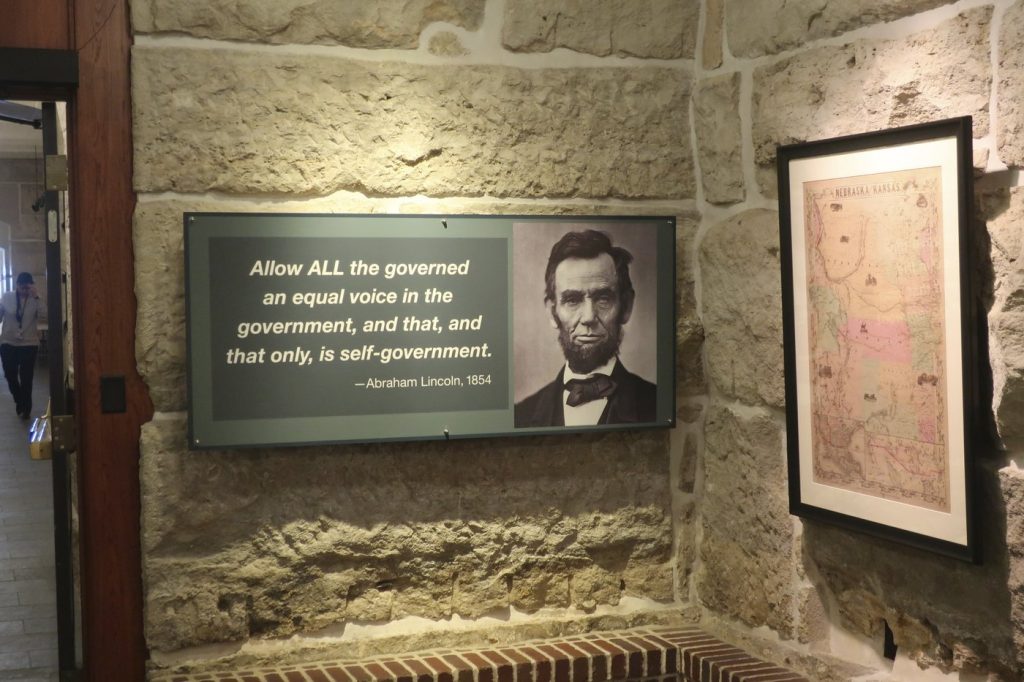TOPEKA, Kan. (AP) — Presidents Day, known officially as Washington's Birthday, is often cited as one of the most confusing holidays in the United States. The federal government does not officially recognize the term "Presidents Day," a name that gained popularity after the holiday was moved to a Monday schedule in 1971. The day, designated to honor George Washington, the first president of the United States, has not been celebrated on his actual birthday of February 22 for over 50 years.
The variety of names and interpretations associated with this holiday vary widely from state to state. While thirty-four states still refer to it in some form relating to Washington, nineteen have adopted variations of "Presidents Day." A few states even use both terms, whereas California simply recognizes it as "the third Monday in February."
Most states, a total of forty-seven, observe a public holiday on this day. However, Indiana and Georgia have opted to honor Washington by granting state workers a day off the day after Christmas instead. Notably, Delaware does not observe the holiday at all. In 2009, Delaware lawmakers decided to provide state employees with "two floating holidays" rather than acknowledging individual presidents or a Presidents Day.
There is a growing sentiment among some, like Hunter Abell, a Republican state legislator from Washington state, who argues that the overly broad celebration of all presidents dilutes the significance of honoring Washington. Abell has proposed renaming the holiday in his state, lamenting that celebrating every president results in a lack of focus and clarity about the holiday’s true purpose.
Washington's Birthday was first established as a federal holiday in 1879. The changing nature of the holiday reflects the evolving context of presidential recognition. For example, while twelve states celebrate Washington by name, they often share his day with other notable figures such as Thomas Jefferson in Alabama and civil rights leader Daisy Gaston Bates in Arkansas. Furthermore, Abraham Lincoln, who played a vital role during the Civil War, is frequently honored on or around his birthday, February 12, with fourteen states holding separate holidays in his name.
States often establish their own presidential holidays tied to local figures as well. For instance, Iowa celebrates Herbert Hoover with "Hoover Day," while other states honor Dwight Eisenhower, Harry Truman, Lyndon Johnson, and John F. Kennedy with dedicated days. Massachusetts celebrates JFK along with John Adams, John Quincy Adams, and Calvin Coolidge on his birthday, May 29. Additionally, Kentucky has recognized January 30 as Franklin D. Roosevelt Day since 1958, even though Roosevelt was not originally from the state.
The relationship between the public and these presidential holidays varies significantly. Some presidents, like Herbert Hoover, have their days acknowledged but receive minimal attention. Iowa's "Hoover Day" was established in 1969, but it reportedly sees little public notice outside of Cedar County, where Hoover’s presidential library is located. As the curator of the Iowa historical society noted, many residents are often unaware of Hoover Day's existence.
In contrast, presidential impersonators become popular attractions during the holiday period. Among these, Abraham Lincoln stands out, generating significant interest from the public. John Cooper, president of the Association of Lincoln Presenters, noted that only two individuals had been unhappy after interacting with impersonators of Lincoln through his numerous presentations since 2008. Lincoln is consistently a favorite among audiences, illustrating the strong connection many people feel toward him.
This confusion surrounding Presidents Day raises larger questions about the significance of these holidays and the recognition of the presidents they commemorate. As states continue to navigate their own unique approaches to the holiday, the true meaning of Presidents Day remains a topic of discussion and potential reform.










